Understanding Your Bird's Vocalizations
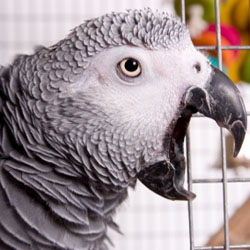 Vocalizations are essential to a bird's existence in the wild. As social flock animals, they need to communicate with the other flock members about a host of topics - where the best eats are, where to meet up after a long days work to roost, to warn or scare away predators, to attract a mate or to warn off someone encroaching on their nest. In nature, the most vocal periods for bird are at sunrise and again at sunset.
Vocalizations are essential to a bird's existence in the wild. As social flock animals, they need to communicate with the other flock members about a host of topics - where the best eats are, where to meet up after a long days work to roost, to warn or scare away predators, to attract a mate or to warn off someone encroaching on their nest. In nature, the most vocal periods for bird are at sunrise and again at sunset.
There are several types of vocalizations:
- Contact Calls are used to locate flock members when they are separated within the thick forest canopy. (Sort of a Marco Polo technique to guide a separated bird back to the flock.)
- Warning Shouts to make the flock aware of a predator.
- Angry Shouts when someone encroaches on one's territory.
- SOS Calls when a bird is in distress, under attack or injured.
- Love Songs or chatter between mates.
- Begging sounds made by hungry babies in the nest.
In our home, often a parrot's vocalizations are expressions of their emotional needs to the rest of his flock (you and your family). The number one reason bird's vocalize is to get our attention. They are constantly calling out to their human flock with the equivalents of:
- "Where's dinner? to let us know they are hungry
- “Hey, where is everybody” to find out where we are
- "Help!" because something scared them
- "Get the heck out of here!" - to warn us of danger
- “Time to get up and going" to greet us in the morning
- "Yea! You're home!" to greet us when we get home from work
- "Gotta go nite nite" when they've had enough for the day
They also vocalize:
- just for fun ! (singing, whistling)
- to engage us in play
- to compete with other noisy activities in the house (vacuum, TV, music, kids)
- to respond to or imitate noises in the house that usually command our immediate attention (telephone, doorbell, microwave beep)
Bird owners should listen to their bird’s calls and try and interpret them relative to what is going on in the environment and what time of day it is and then you can appropriately respond to their needs. By responding to there contact calls you will reassure them that their flock is intact.
Vocalizations are normal for a parrot and they certainly can be LOUD at times. What we might think is obnoxious is completely natural and instinctual to our birds and, as such, we must learn to accept "normal" noise. However, not all noise is "normal". There is also "learned screaming behavior" that puts a lot of bird owners over the edge and often results in birds being passed from home to home. See our related article Why Does My Bird Scream? for insight on excessive screaming.
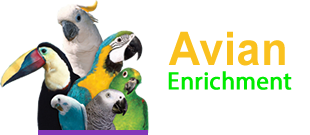



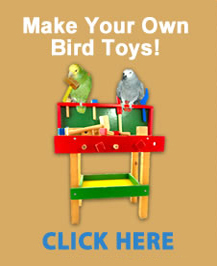
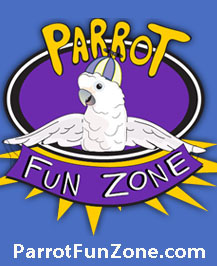
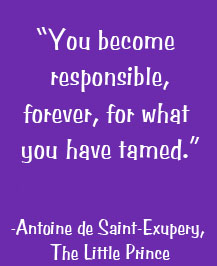
Comments (0)
Comments powered by CComment